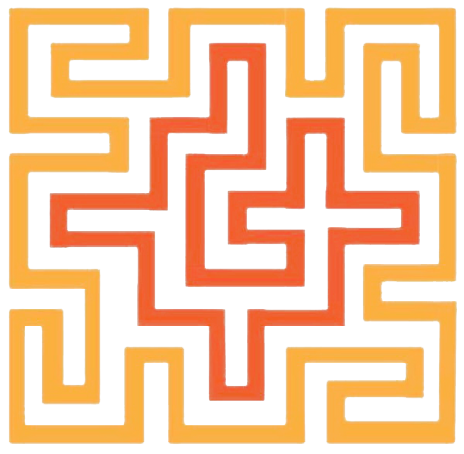HMONG STUDIES
About
the Program
Hmong Studies
Certificate & Courses
Faculty &
Staff
Projects &
Research
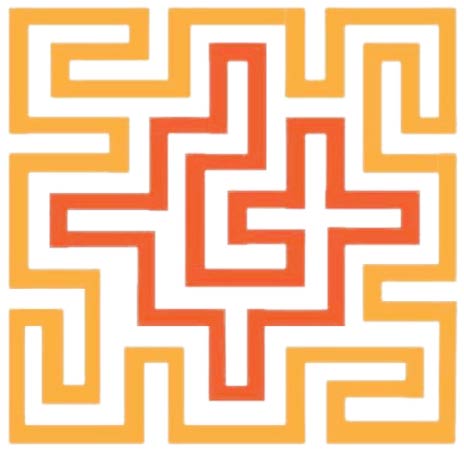
Hmong Studies is interwoven with
community engagement and collaboration
Hmong Studies is for all students because of it’s development in a variety of disciplines, including anthropology, Asian American studies, critical race studies, critical refugee studies, education, history, social work, public health, legal studies, and sociology. Students who take Hmong studies will be asked to be reflexive and to contextualize their lived experiences within a larger frame of analysis—examining the social, political and cultural. Students also will gain familiarity in theories on racialization, decolonialism, transnationalism and displacement―theories that are deeply connected to communities beyond Hmong Studies. And most importantly, students will learn how to apply the knowledge gained in the program to everyday life, current events, and communities in and outside of the walls of UWO.
Featured Stories
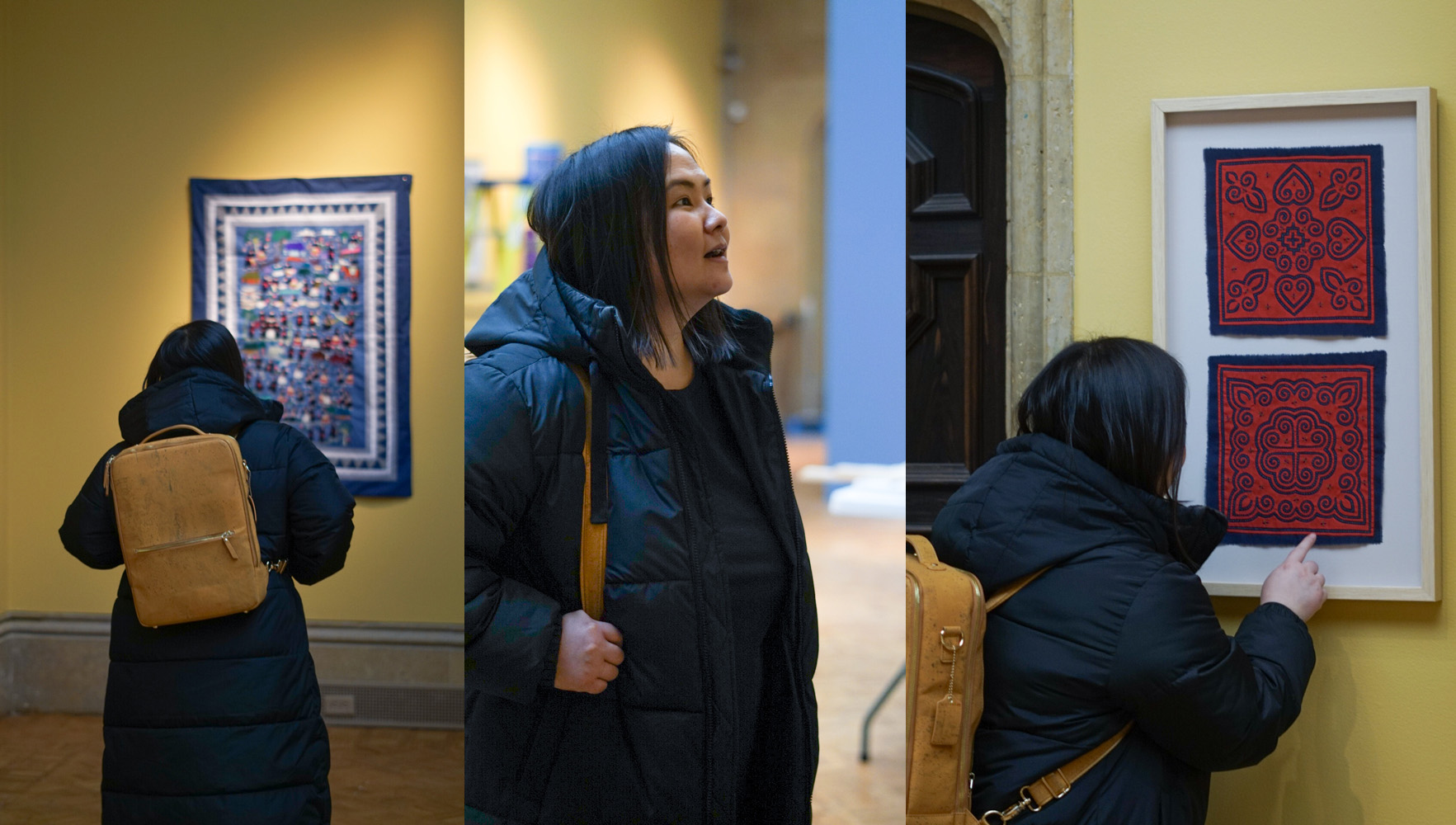
Professor Moua at the Paine Art Center and Gardens
Professor Chong Moua (Hmong Studies and History) served as a co-curator with artist Ger (Ntxawg) Xiong to feature the works of artist and textile expert, Mao Lor of Green Bay, WI to life at the Paine Art Center and Gardens. This exhibit opens from Feburary 10, 2024 through May 26, 2024.
Congratulations Professor Moua!
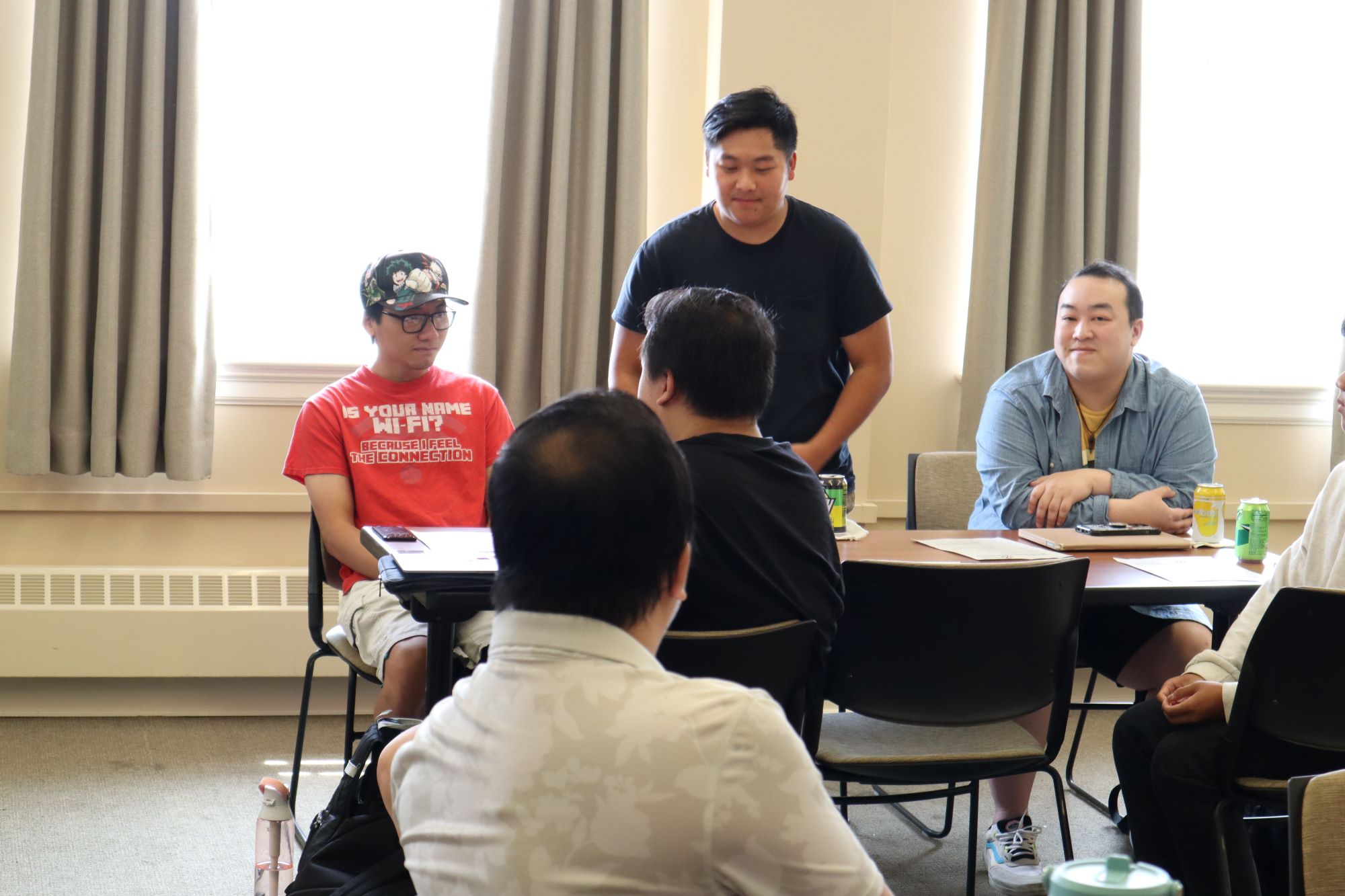
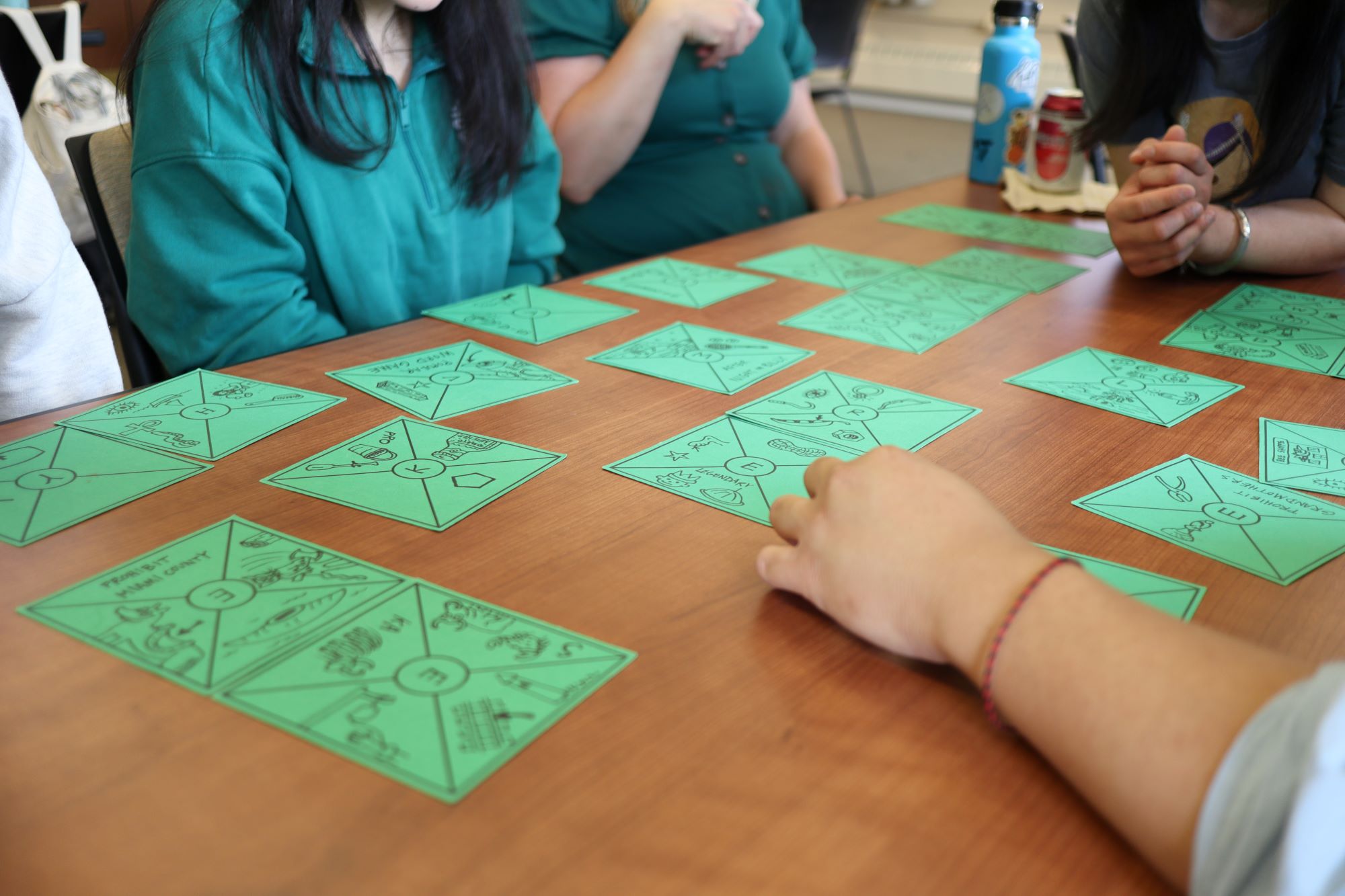
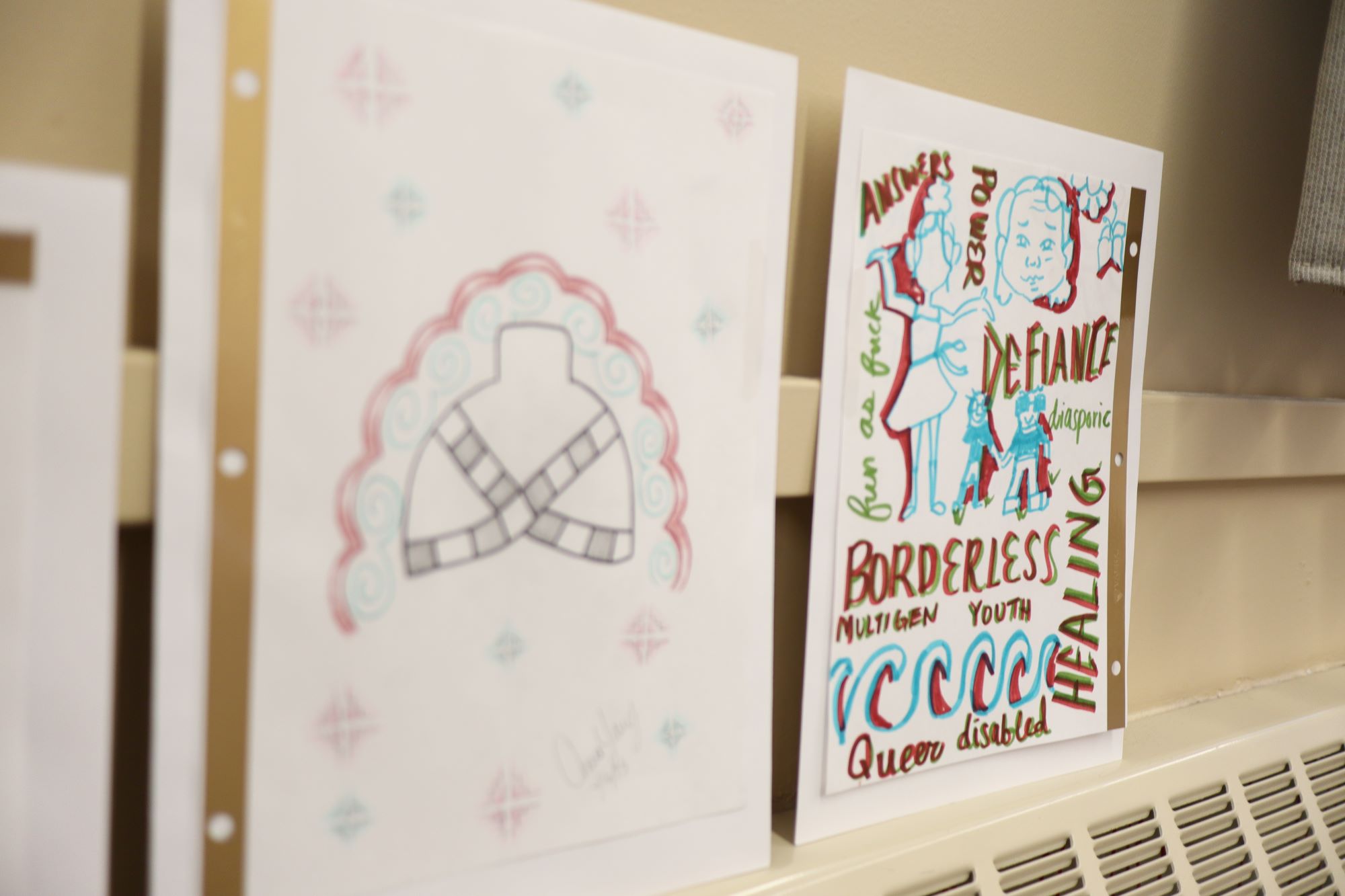
UWO HMoob American College Paj Ntaub
Funded by the National Science Foundation (NSF)’s Racial Equity in STEM Education program (Fall 2022-present), this participatory action research (PAR) team explores the experiences of Hmong American undergraduate students across the UW System (UW-Oshkosh, UW-Eau Claire, UW-Madison, and UW-Milwaukee). This project examines identified several factors, such as advising, gatekeeping mechanisms, and racial climate, that affectively redirected and/or pushed out Hmong-identified students from competitive STEM majors.
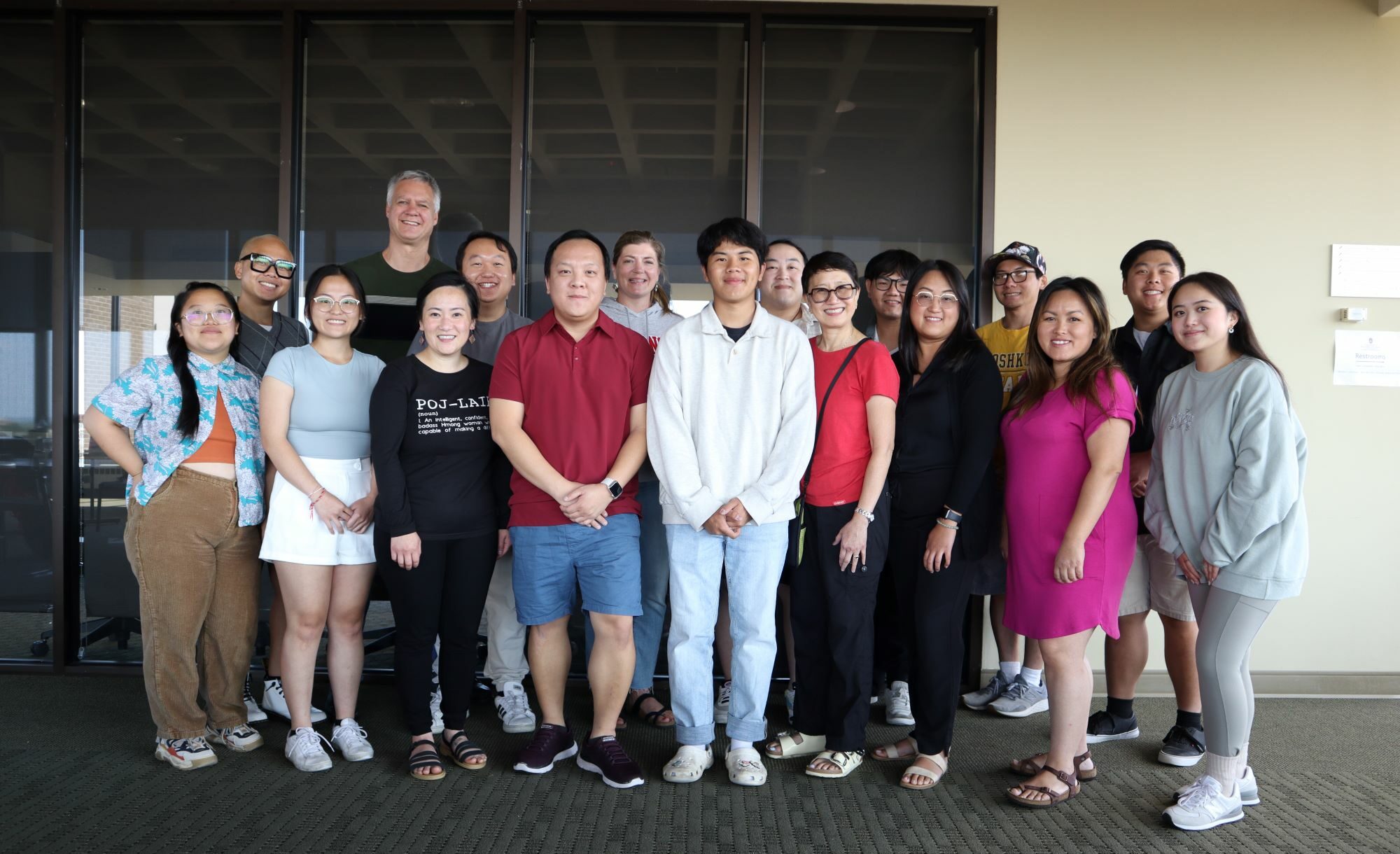
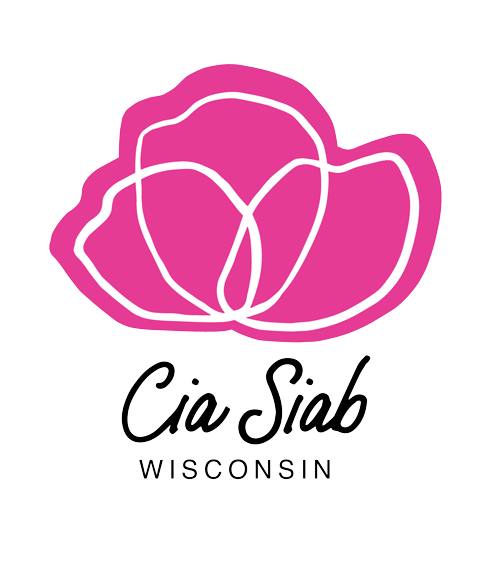
Los Tsev: Cia Siab, WI Traveling Exhibit
This community-led and community-driven exhibit will travel to cities in Wisconsin with the highest HMoob populations: Eau Claire, Fox Valley, Madison, Milwaukee, La Crosse, and Wausau. It opens its doors to audience members both familiar and unfamiliar with the HMoob and even less familiar with America’s Secret War in Laos (1964-1973).
This exhibit welcomes audience members to engage in conversations about war, historical trauma, memory, resilience, and healing. Showcasing how HMoob contest and remake memories despite national silence and forgetting about wars abroad, this exhibit reminds Americans that war and violence are not geographically nor historically contained. It also asks the audience members to dwell on the humanity of survivors, witnesses, and perpetrators (including the country responsible for creating the trauma) rather than their cultural or racial difference.

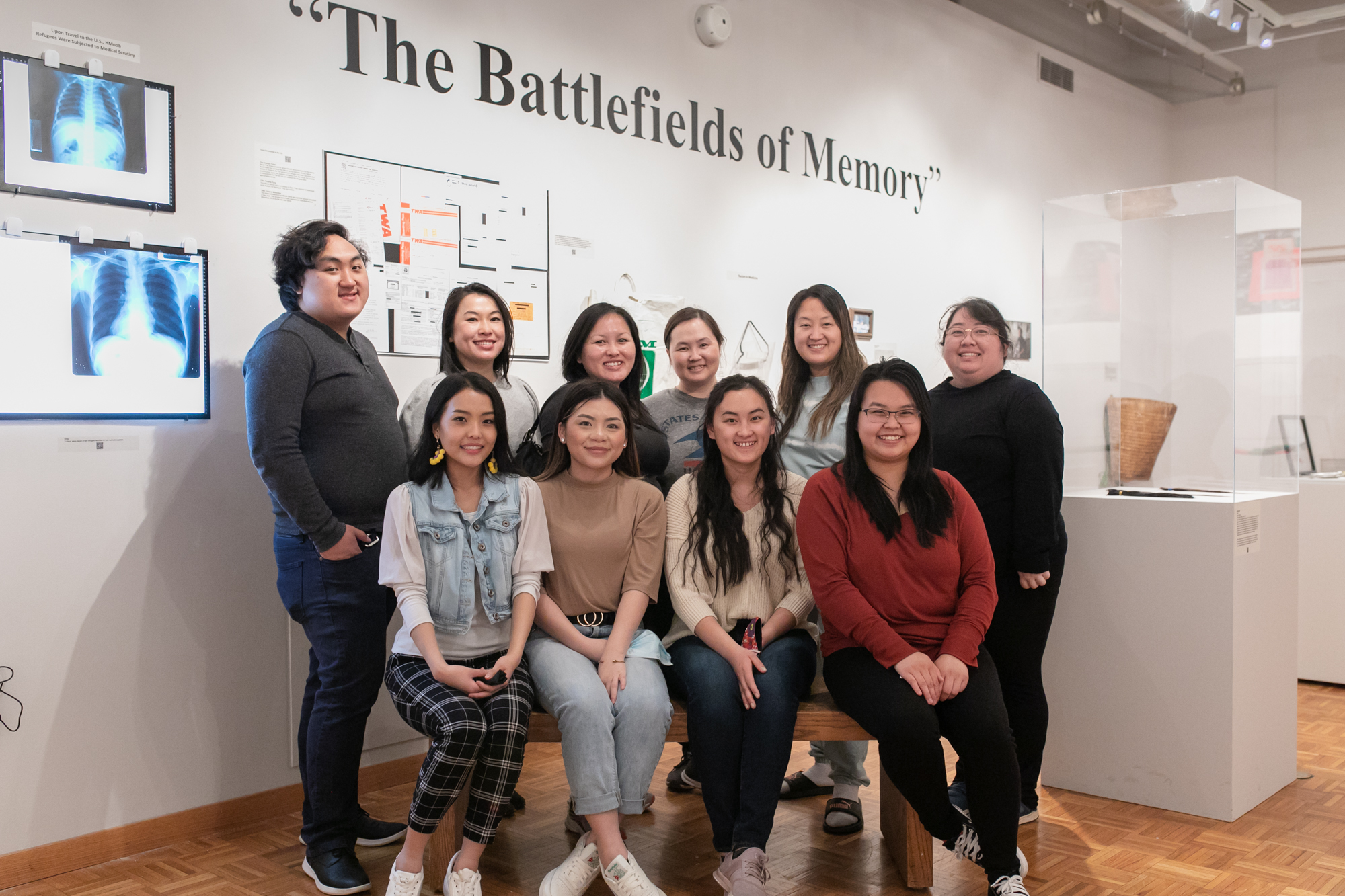
Hmong Studies
Interdisciplinary Studies Office
Sage Hall 3003 and 3464
(920) 424-0964
hmongstudies@uwosh.edu

